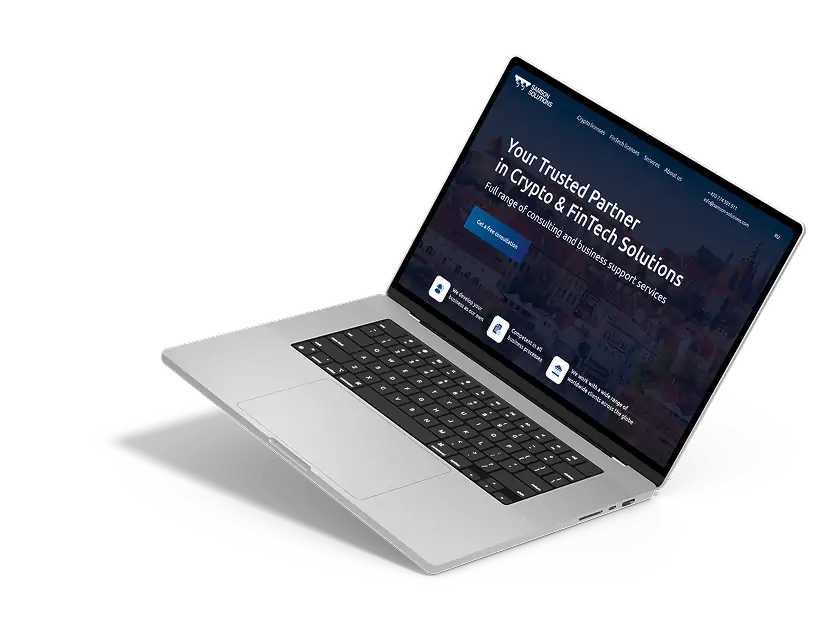Eligibility Criteria
-
Business Plan and Strategy
Applicants must submit a detailed three-year business plan outlining their operational model, target markets, risk management strategies, and financial projections. This helps regulators assess the long-term viability and compliance of the institution.
-
Minimum Capital Requirements
The minimum capital requirement depends on the type of payment services provided and may vary by country. Typically, however, it ranges from €20,000 for businesses offering only money remittance services to €125,000 for businesses handling customer funds, issuing payment instruments, or providing payment initiation services.
These capital thresholds are here so that institutions have sufficient financial backing to operate securely.
-
Client Fund Protection Measures
Payment institutions must demonstrate how they will protect customer funds, either through segregation of accounts or securing them with insurance or guarantees. This prevents mismanagement and ensures customers’ money remains safe.
-
Organizational Structure and Governance
A well-defined organizational structure is required, detailing ownership, leadership, and internal controls. Regulators will assess if the company has experienced directors and key personnel capable of managing financial operations responsibly.
-
Internal Risk Management and Compliance
Applicants must implement robust internal control systems to monitor transactions, detect fraud, and mitigate financial risks. This means maintaining a strong IT security, compliance frameworks, and operational resilience plans.
-
Anti-Money Laundering (AML) & Counter-Terrorist Financing (CTF) Compliance
Businesses must have a clear AML/CTF policy in place to prevent financial crimes. Proper customer due diligence (KYC), transaction monitoring, and suspicious activity reporting in line with EU regulations will be necessary.
Application Process for a Payment Institution License
Securing a Payment Institution License in the EU demands a structured application process overseen by national regulatory authorities, such as the FCA in the UK, BaFin in Germany, or other local regulators.
-
Choose the Licensing Jurisdiction
Before applying, determine where your business will operate. If your services will be EU-wide, selecting a jurisdiction with a favorable regulatory environment can make the process much easier. Once licensed in one EU country, you can use passporting rights to operate across all member states without additional licenses.
-
Prepare Your Application Package
Each regulator requires a comprehensive set of documents, including:
✔ Business Plan – A three-year financial projection and operational strategy.
✔ Compliance Policies – AML/CTF frameworks, risk management, and fraud prevention measures.
✔ Governance Structure – Details about company leadership, ownership, and internal controls.
✔ Financial Statements – Proof of capital sufficiency (€20,000–€125,000, depending on services provided).
Once prepared, submit your application to the relevant regulatory authority. The standard processing times vary:
-
3–6 months for well-prepared applications.
-
Up to 12 months if additional documentation or compliance adjustments are required.
Keep in mind that there might be a different application processing in each country. Therefore inform yourself of the average length of the process in the country of your choosing in advance.
-
Regulatory Review and Compliance Assessment
During the review process, authorities evaluate your business model, risk management procedures, and operational resilience. Some regulators even conduct on-site inspections or request further clarifications before approval.
Approval and Passporting Rights
Once approved, your Payment Institution License allows you to legally operate in the licensing country. To expand across the European Economic Area (EEA), you can apply for passporting, which enables you to offer services in all EU member states without requiring additional licenses.



